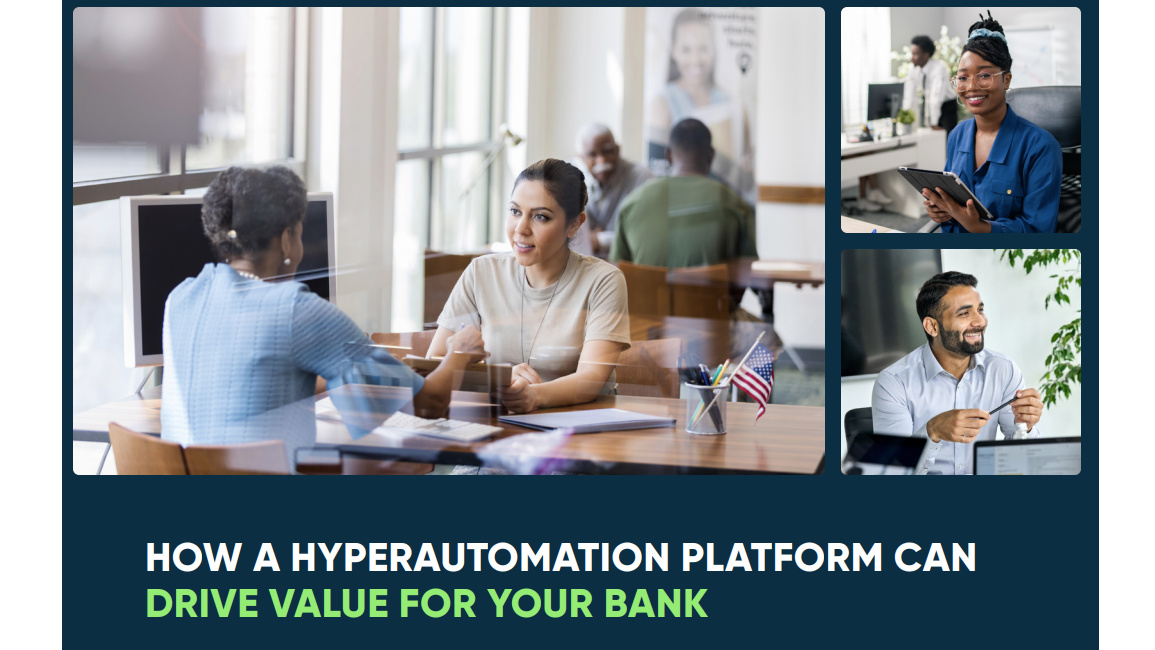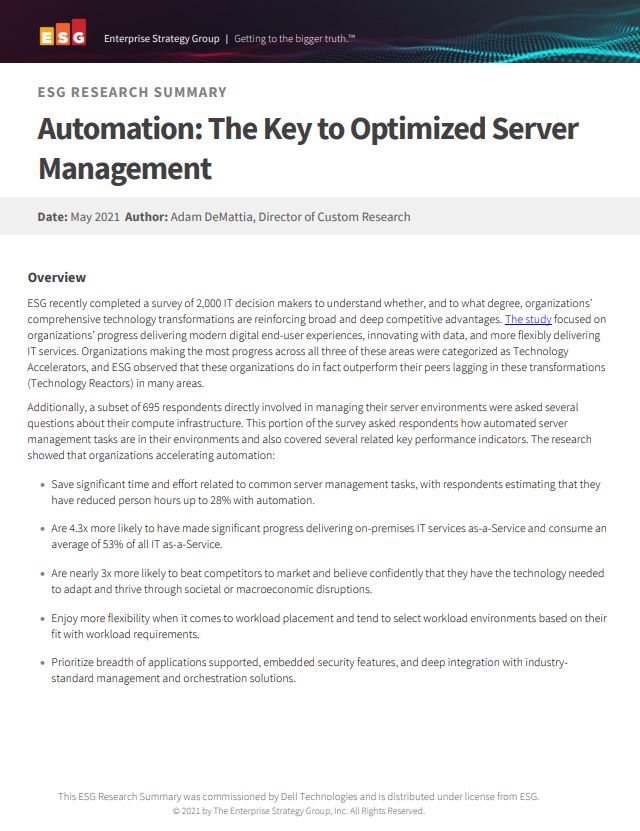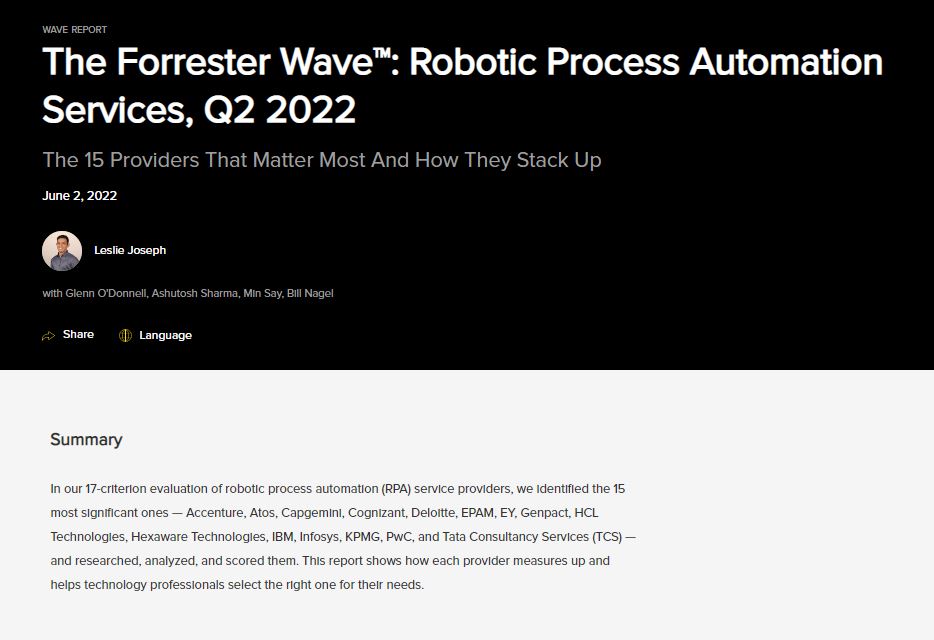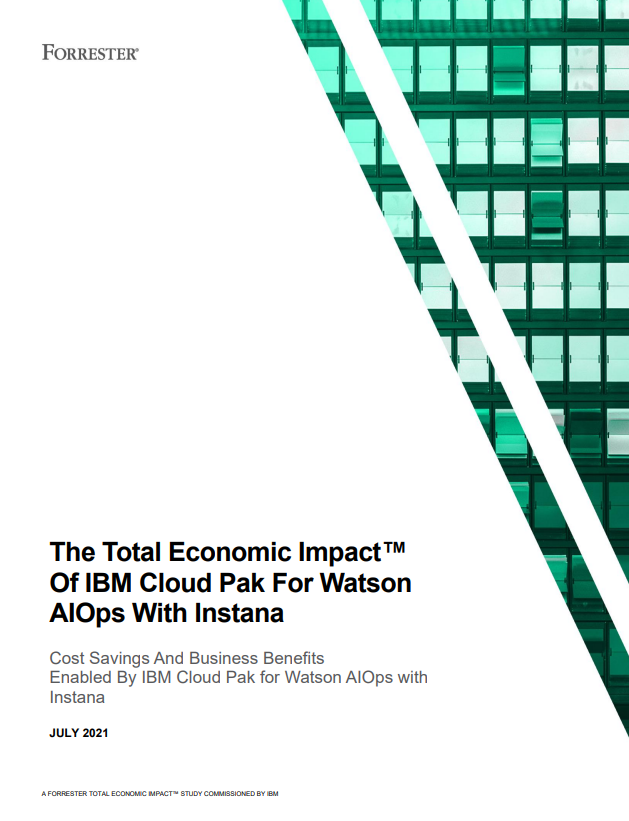20% of UK jobs are at risk of automation
Robots will replace 3.6 million workers by 2030, finds report

One in five British jobs is expected to be performed by robots by 2030, according to a new report that links technology innovations to a deepening of economic and political divisions between the north and south of England.
That figure rises to one in four outside of the south of England, with the Centre for Cities think tank claiming that workers in Mansfield, Wakefield, and Sunderland - manufacturing and retail hubs - are considered to be most at risk of automation over the next 20 years.
A total of 3.6 million jobs will be lost to automation and globalisation by 2030, according to the Cities Outlook 2018 report, which acts as an annual healthcheck on the UK economy.
It found that the spread of these job losses would be uneven, with wealthier cities in the south, including London, being more insulated against automation, with 18% of jobs being at risk, compared to 23% elsewhere in the country.
Sunderland and Wakefield are identified as being particularly vulnerable, with almost 30% of jobs likely to be lost as a result of automation, as well as Mansfield, which is heavily reliant on retail jobs (16%) and companies such as Sports Direct, which has a major warehouse site in the region.
Around 26% of jobs in Stoke, Doncaster, Blackburn, and Northampton are also considered to be at risk from automation, above the national average of 21%.
The report, which assessed 62 cities across the UK, is likely to reignite debate about investment discrepancies across the north-south divide, particularly as affluent areas such as Oxford and Cambridge have a job risk of just 13%.
Sign up today and you will receive a free copy of our Future Focus 2025 report - the leading guidance on AI, cybersecurity and other IT challenges as per 700+ senior executives
Although the majority of UK cities stand to benefit from the creation of new jobs as a result of opportunities brought about by automation, the types of jobs created in the north are likely to be lower-skilled and less well-paid than those in the south, the study found.
For example, almost 50% of jobs projected to grow over the next few decades will be in high-skilled private sector roles, which in turn would help southern cities create more jobs in emergent industries in the future. That stands in contrast to just one in 10 jobs that are likely to be highly-skilled private sector roles in Blackburn.
Andrew Carter, chief executive of Centre for Cities, said the findings revealed a "real risk" that some regions will suffer over the next few decades.
"In an evermore divided country, it's increasingly clear that a one-size-fits-all approach from central government is inadequate to address the myriad issues that different places face," said Carter.
"The challenges and opportunities ahead for Blackburn are very different to those for Brighton. The government needs to give cities more powers and resources to tackle the issues that automation and globalisation will present, and to make the most of the benefits they will bring."
A report released last year by accountants PwC found that age would be a significant factor when it comes to job losses, with almost a third of young workers, many of whom are employed in the retail sector, being at risk of automation.
However, the Institute of Fiscal Studies has also warned that above-inflation increases to the National Living Wage may have unforeseen effects on the pace of automation. If forecasts are correct, the NLW will rise to 8.56 by 2020, with the proportion of workers over the age of 25 within the minimum wage bracket tripling by that date.
What's more, those falling into the bracket are most likely to be in the 10% of the most routine occupations, such as cashiers and receptionists - those most at risk of being replaced.
Jobs such as sales assistants, retail cashiers, administrative and customer service roles are likely to decline by 2030, while those in media, engineering, hospitality and natural and social science fields are set to grow, according to the Centre for Cities report.
With dire predictions of automation's impact on UK workers, the government has been urged to reskill people who stand to lose their jobs, so they can find new, more highly-skilled, roles.
Image: Shutterstock
Dale Walker is a contributor specializing in cybersecurity, data protection, and IT regulations. He was the former managing editor at ITPro, as well as its sibling sites CloudPro and ChannelPro. He spent a number of years reporting for ITPro from numerous domestic and international events, including IBM, Red Hat, Google, and has been a regular reporter for Microsoft's various yearly showcases, including Ignite.
-
 Microsoft unveils Maia 200 accelerator, claiming better performance per dollar than Amazon and Google
Microsoft unveils Maia 200 accelerator, claiming better performance per dollar than Amazon and GoogleNews The launch of Microsoft’s second-generation silicon solidifies its mission to scale AI workloads and directly control more of its infrastructure
-
 Infosys expands Swiss footprint with new Zurich office
Infosys expands Swiss footprint with new Zurich officeNews The firm has relocated its Swiss headquarters to support partners delivering AI-led digital transformation
-
 Automate personalization with AWS
Automate personalization with AWSWhitepaper How marketers can automate, deliver, and analyze billions of personalized messages and offers per day
-
 How a hyper-automation platform can drive value for your bank
How a hyper-automation platform can drive value for your bankWhitepaper Five ways automated processes can drive revenue and growth
-
 Appian wants to be the AI company for AI skeptics
Appian wants to be the AI company for AI skepticsAnalysis The firm outlines its AI strategy at Appian World 2023 while using ChatGPT and Midjourney to create scripts and imagery for keynote presentations
-
 Workday hit with claims its AI hiring systems are discriminatory
Workday hit with claims its AI hiring systems are discriminatoryNews An African American plaintiff has alleged that Workday's systems prevented him from being hired on the basis of his race, age, and mental health
-
 Automation: The key to optimised server management
Automation: The key to optimised server managementWhitepaper Deliver modern digital end-user experiences, innovate with data, and more flexibly deliver IT services
-
 Drive digital transformation with IBM process mining
Drive digital transformation with IBM process miningWhitepaper A process discovery, analysis and monitoring technique to help businesses succeed throughout the entire DX journey
-
 The Forrester Wave™: Robotic Process Automation Services
The Forrester Wave™: Robotic Process Automation ServicesWhitepaper The 15 providers that matter most and how they stack up
-
 The Total Economic Impact™ of IBM Cloud Pak® for Watson AIOps with Instana
The Total Economic Impact™ of IBM Cloud Pak® for Watson AIOps with InstanaWhitepaper Cost savings and business benefits